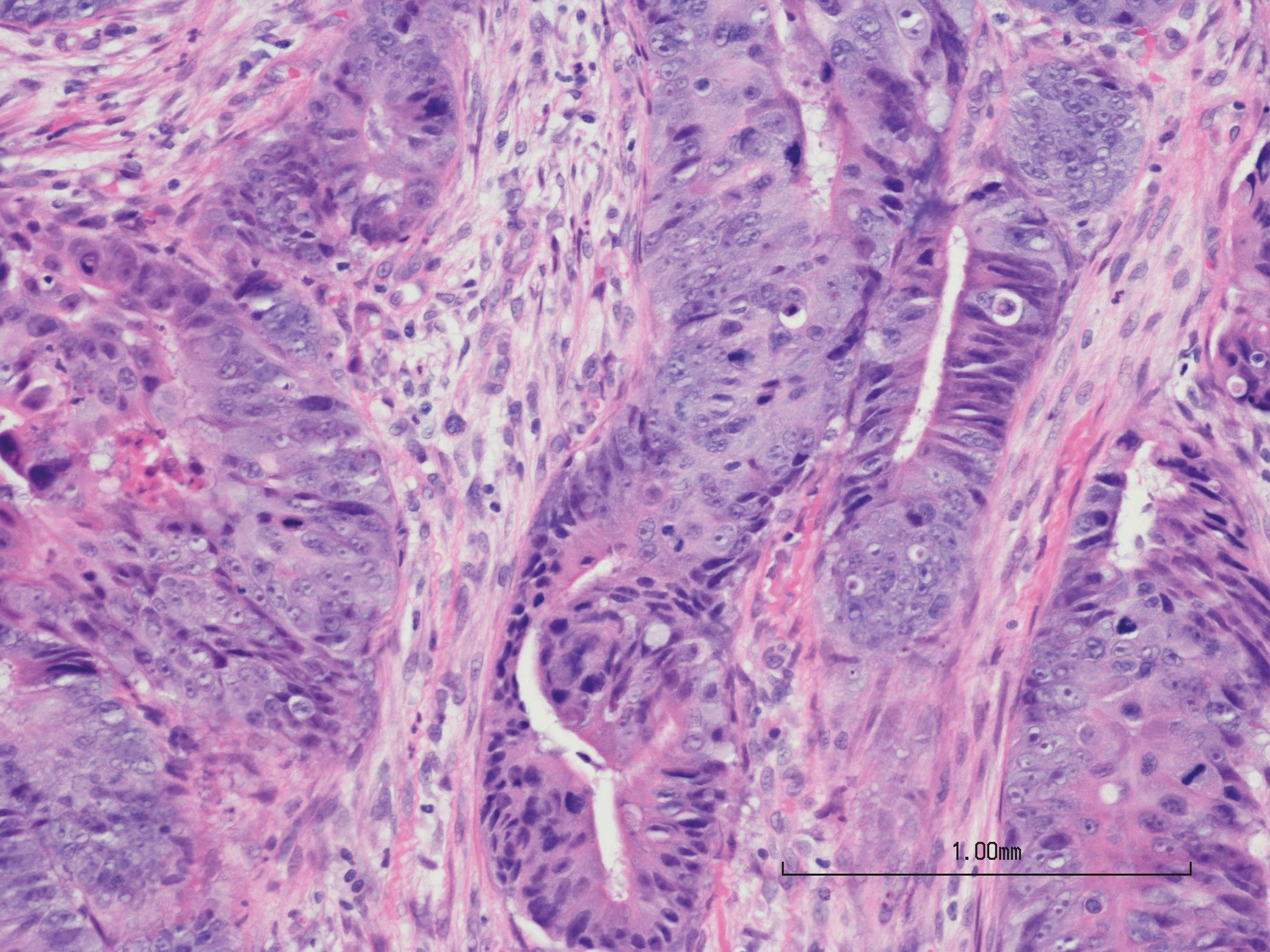Kidney protection is extremely important for diabetes sufferers. Recently, canagliflozin became the first SGLT-2 inhibitor in Switzerland to receive a marketing authorization extension to reduce the risk of progression to diabetic kidney disease in adult patients with type 2 diabetes mellitus and albuminuria.
On June 24, 2020, Invokana® (canagliflozin) became the first and only SGLT-2 inhibitor to receive expanded approval in Switzerland to reduce the risk of progression to diabetic kidney disease in adult patients with type 2 diabetes mellitus (T2DM) and albuminuria (ACR >300 mg/g) [1]. Invokana® is thus the only SGLT-2 inhibitor with triple approval for glycemic control, prevention of cardiovascular events, and protection of renal function in patients with T2DM [1]. The positive decision was based on the randomized, double-blind, multicenter phase III renal outcome trial CREDENCE, which enrolled 4401 participants and was terminated early based on the positive results [2].
Prevention and treatment of diabetic kidney disease in T2DM are essential, as it affects approximately 40% of patients and has been shown to increase cardiovascular risk and overall mortality risk [3–5]. Invokana® with its new label may be instrumental in improving the quality of life of T2DM patients with renal complications [6].
Due to the urgency, Swissmedic extended the marketing authorization in a fast track procedure. It is based on the results of the CREDENCE trial, which demonstrated the superior efficacy of Invokana® in addition to standard therapy compared to placebo plus standard therapy in patients with T2DM and albuminuric chronic kidney disease [2]. Treatment with Invokana® resulted in a 30% risk reduction for the composite primary endpoint (end-stage renal disease, doubling of serum creatine levels, death from a cardiovascular or renal cause) compared to placebo. The risk for the renal-specific composite endpoint (end-stage renal disease, doubling of serum creatine levels, and death from a renal cause) was significantly reduced by 34%* and that for end-stage renal disease by 32%** [2]. Safety data were comparable in both treatment groups.
Invokana® has been approved in Switzerland since 2014 as an adjunct to diet and exercise in adults with inadequately controlled type 2 diabetes mellitus (T2DM) as monotherapy or as add-on therapy with other blood glucose-lowering medicines [1,7]. In addition, Invokana® is indicated for the prevention of cardiovascular events in adult patients with T2DM and already manifest cardiovascular disease [1]. That Invokana® significantly contributes to cardiovascular risk reduction in T2DM patients as an adjunct to standard therapy compared to placebo and standard therapy was demonstrated in the two Phase III CANVAS studies with a total of over 10 000 participants and has been confirmed in the CREDENCE study [5,8].
Source: Mundipharma
* HR: 0.66, 95% CI: 0.53-0.81; p<0.001
** HR: 0.68, 95% CI: 0.54-0.86, p=0.002
Literature:
- Current technical information: Invokana®, www.swissmedicinfo.ch
- Perkovic V, et al: Canagliflozin and Renal Outcomes in Type 2 Diabetes and Nephropathy. N Engl J Med 2019; 380 (24): 2295-2306.
- Alicic RC, et al: Diabetic kidney disease : challenges, progress and possibilities. Clin J Am Soc Nephrol 2017; 12(12): 2032-2045.
- Afkarian M, et al: Kidney disease and increased mortality risk in type 2 diabetes. J Am Soc Nephrol 2013 ; 24(2): 302-308.
- Liu M, et al: Cardiovascular disease and its relationship with chronic kidney disease. Eur Rev Med Pharmacol Sci 2014; 18(19): 2918-2926.
- Trikkalinou A, et al: Type 2 diabetes and quality of life. World J Diabetes 2017; 8(4): 120-129.
- Zaccardi F, et al: Efficacy and safety of sodium-glucose co-transporter-2 inhibitors in type 2 diabetes mellitus: systematic review and network meta-analysis. Diabetes Obes Metab 2016; 18(8): 783-794.
- Neal B, et al: Canagliflozin and Cardiovascular and renal events in type 2 diabetes. N Engl J Med 2017 ; 377(7): 644-657.
- “INOKANANA®, the only SGLT2 inhibitor that reduces the risk of progression to diabetic kidney disease,” July 2020, Mundipharma Switzerland.
HAUSARZT PRAXIS 2020; 15(8): 44 (published 8/19/20, ahead of print).












